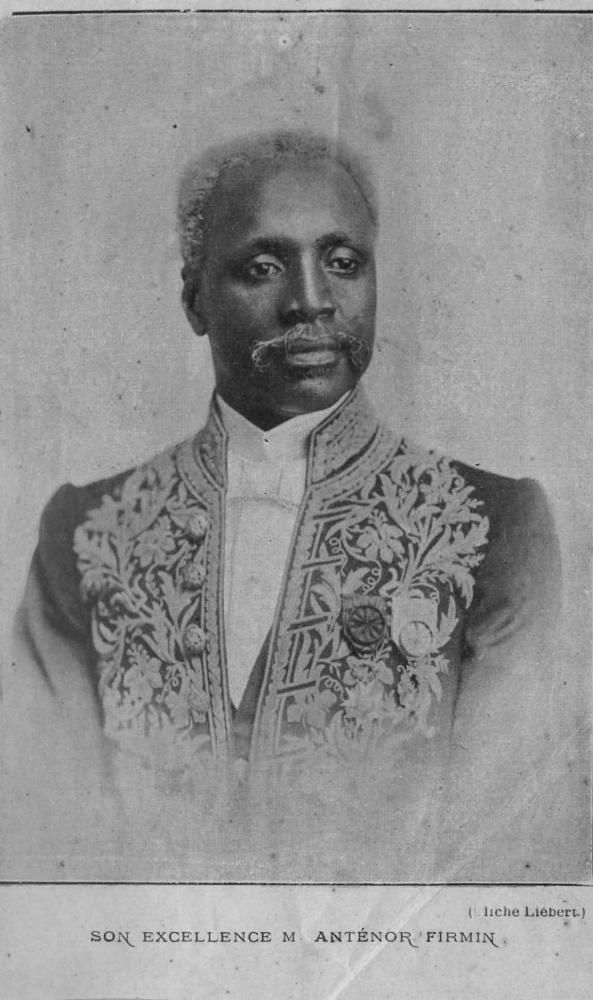
Too few people today know of Anténor Firmin, a Haitian writer, anthropologist, and politician. He is important not just as an early anticolonial figure, but also as a thinker of what he himself termed an anthropologie positive. Firmin wrote his most famous work in 1885, De l’égalité des races humaines, a refutation of the classic 1855 racist tract by Arthur de Gobineau entitled De l’inégalité des races humaines. Firmin’s work is truly remarkable for its rigor and forethought. Scholarship over the past two decades has brought to light many of Firmin’s qualities, not least by issuing new editions of Firmin’s book and its first translation into English. Recent articles have also highlighted his surprising relationship to then-nascent Egyptology; his place in contemporary debates over Darwinism and polygenesis; and his philosophical heritage as traced back to Jean-Jacques Rousseau. The earliest of these was Carolyn Fluehr-Lobban 2002 article in the American Anthropologist, where she notes that Firmin provides a coherent challenge to race-thinking in anthropology decades before Boas. I want to delve a little deeper into Firmin’s work by highlighting a few passages that I think are particularly exceptional.
Continue reading “A Neglected Thinker of the Black Atlantic”